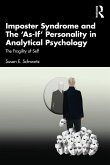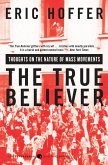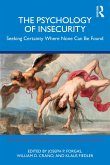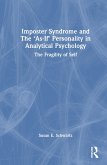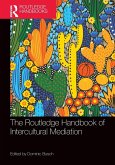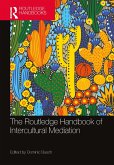Religious Hatred and Human Conflict focuses the lens of psychodynamic psychology on a phenomenon that often confounds conventional thinking - the intensity of conflict with religious or quasi-religious dimensions.
The book highlights six dimensions of religion: identity, doctrine and practice, emotion and experience, mythology, sacred values and power and control, exploring how these can give rise to religious hatred and lead to marginalisation, persecution and even genocide. It also explores reasons for the evolution of religion and religious hatred, and their relationship with human behaviour through contemporary issues such as fundamentalism, martyrdom, clerical narcissism and apocalyptic belief. Acland examines how religious hatred and conflict may be transcended by facilitating processes of dialogue and diapraxis which enable a systematic understanding of prejudices and projections. Last, it offers practical methods and strategies for helping individuals and communities grow beyond the constraints of religious hatred, treating religious hatred as a psycho-spiritual problem that requires self-understanding.
Identifying the implications for professionals in conflict resolution and mediation, politicians, community leaders, diplomats and anyone working to prevent or reduce conflict where religious belief is a factor, this book sets out how those tasked with intervening can respond to the challenges involved. It will also be highly relevant reading for students and researchers of psychology and religious studies.
The book highlights six dimensions of religion: identity, doctrine and practice, emotion and experience, mythology, sacred values and power and control, exploring how these can give rise to religious hatred and lead to marginalisation, persecution and even genocide. It also explores reasons for the evolution of religion and religious hatred, and their relationship with human behaviour through contemporary issues such as fundamentalism, martyrdom, clerical narcissism and apocalyptic belief. Acland examines how religious hatred and conflict may be transcended by facilitating processes of dialogue and diapraxis which enable a systematic understanding of prejudices and projections. Last, it offers practical methods and strategies for helping individuals and communities grow beyond the constraints of religious hatred, treating religious hatred as a psycho-spiritual problem that requires self-understanding.
Identifying the implications for professionals in conflict resolution and mediation, politicians, community leaders, diplomats and anyone working to prevent or reduce conflict where religious belief is a factor, this book sets out how those tasked with intervening can respond to the challenges involved. It will also be highly relevant reading for students and researchers of psychology and religious studies.
'It is a unique publication and it fills an important practical and theoretical gap in the existing literature ... It is innovative and refreshing that the author integrates psychodynamic perspectives into the work - this is an important lacuna in the literature. The work fills a gap by approaching the question of religious hatred and conflict with religious dimensions from multiple different conceptual angles, many of which are much neglected in the field.' - David Leech, Senior Lecturer, Dept of Religion and Theology, University of Bristol, UK


